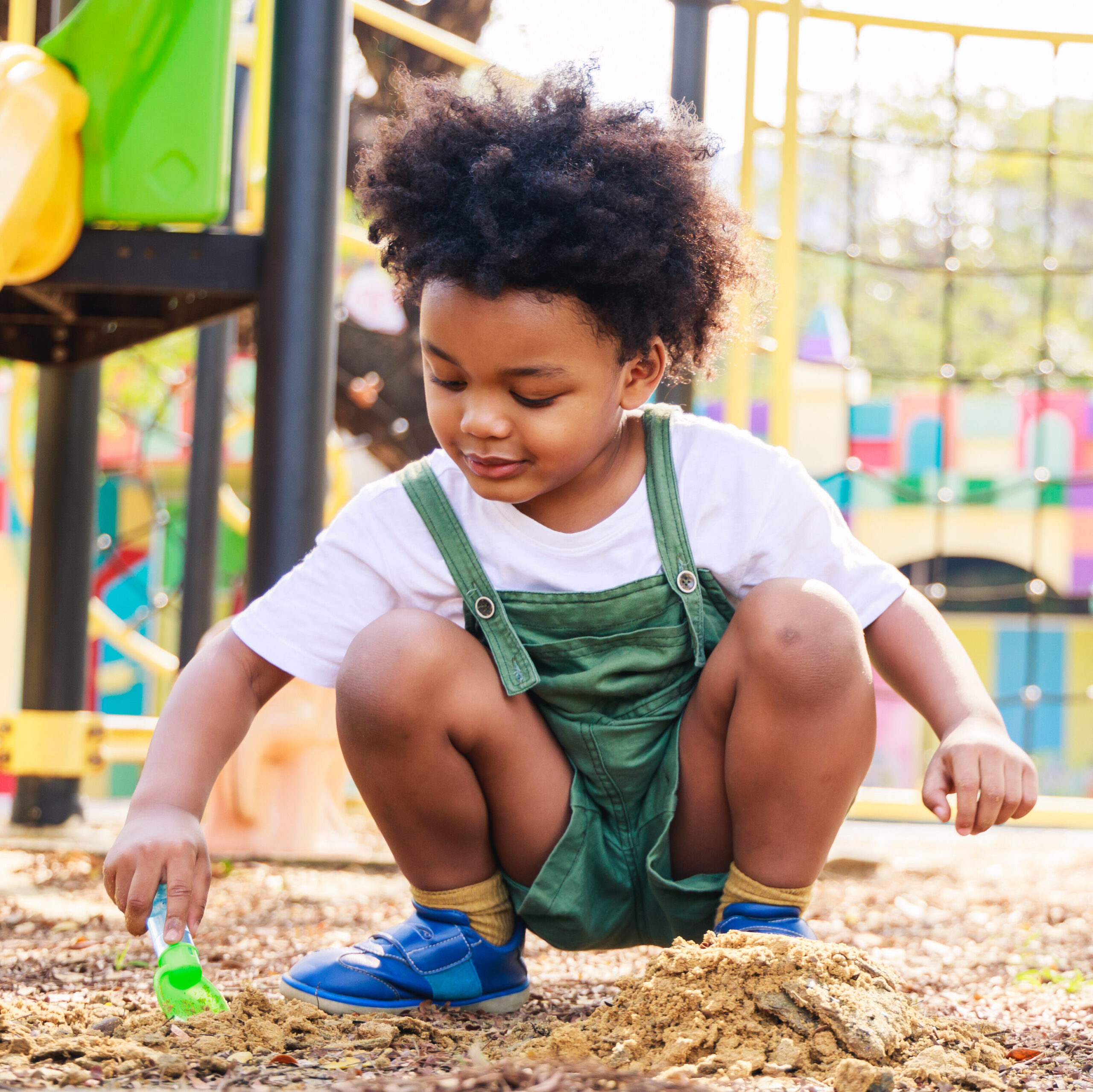Now that summer has finally arrived in Minnesota, we want to make sure it’s a safe and healthy one for everyone. As the 4th of July holiday approaches, as well as other summertime gatherings, we encourage you to take as many safety precautions as possible and know that we’re here in case of an emergency.
Ticks & Mosquitoes
To safeguard against ticks and mosquito bites, wear long-sleeved clothing when possible, use insect repellents containing DEET, and conduct regular tick checks after spending time outdoors, paying close attention to hidden areas such as the scalp, armpits, and waistband. When possible, stay on designated paths, and choose paved, gravel, or closely mowed paths. Avoid tall grasses, keep lawns and outdoor spaces well-maintained to minimize tick habitats, and drain any containers like wading pools and bird baths to prevent mosquitoes from breeding. Taking these preventative measures can greatly reduce the risk of undesired bites and associated health concerns.
Sun Safety

Preventing sunburn and protecting yourself from UV rays. Apply a broad-spectrum sunscreen with an SPF of 30 or higher, generously and regularly, especially on exposed skin. Make sure you rub it in well and give it time before going into the water. Seek shade during peak sun hours, wear protective clothing like wide-brimmed hats and sunglasses, and use umbrellas that can provide an additional defense against harmful UV rays and unwanted sunburns. Make sure you stay hydrated and frequently reapply sunscreen, particularly after swimming or sweating. Offer babies and young children frequent drinks of water and other hydrating foods, and help them take breaks from the sun.
Fire & Burn Safety
This spring has been particularly dry in Minnesota with widespread, intermittent fire bans. Please be sure to check for any fire restrictions before planning campfires and fireworks this 4th of July and throughout the summer.
Fireworks
When using fireworks to celebrate the 4th of July, only purchase legal fireworks from reputable sellers and follow all local laws and regulations. Find a clear and open outdoor space away from buildings, trees, dry vegetation, and most importantly other people to set off fireworks. Keep a bucket of water or a hose nearby for emergencies, and ensure children are supervised by responsible adults. Carefully read and follow the instructions on each firework, lighting them one at a time and stepping back to a safe distance immediately after lighting. Never attempt to relight a dud firework. Be sure to douse used fireworks in water before disposing of them. Your safest option is to find a local fireworks display to watch from a safe distance.
Campfires
Before starting a campfire, designate a safe area away from campers, tents, trees, and flammable materials. Clear the area from any debris and use an existing fire pit. Supervise children closely around the fire and establish clear boundaries. Keep pets on a leash or within a designated area away from the fire. Never leave a campfire unattended and always have a bucket of water or a fire extinguisher nearby. Teach children about fire safety, such as not throwing anything into the fire and staying a safe distance away.
Water Safety
It’s important to properly supervise children around all pools and swimming beaches. Installing barriers, such as fences and pool covers, can help prevent unauthorized access. Additionally, learning CPR is highly recommended. When it comes to boating, wearing life jackets is a must as well as following all local/state regulations. Avoid alcohol consumption and stay aware of weather conditions. Regular maintenance of boats and proper use of safety equipment should also be observed.
In case of any emergency, call 911.